


Fashion Design PG program embarks on an exciting adventure where students discover the art of design, trend analysis and garment construction through hand on projects and industry insights which elevates the skills and unleash asrtistic vision to redefine fashion.
Missing Details
Year-wise Program Structure of Postgraduate Program
|
Year 1 |
Professional Core(PC) |
Skill Enhancement Course (SEC) |
Indian Knowledge System (IKS) |
Ability Enhancement Course (AEC) |
||
|
Year 2 |
Professional Core (PC) |
Professional Elective(PE) |
Research Project (RP) |
Graduation Project (GP) Design / Art Collection |
Industry Internship (OJT) |
|
| SR.NO | NAME | Organization |
|---|---|---|
| 1 | Dr. Monika Aggarwal | Chairperson,Dean Faculty of Design, MGM University, Chhatrapati Sambhaji Nagar, Email id: [email protected]. |
| 2 | Dr. Vijaya Deshmukh | Professor, Dean, Faculty of Management |
| 3 | Ms. Anjali Khot | Associate Professor, Institute of fashion Design |
| 4 | Ms Kavita Rajput | Assistant Professor, Institute of Fashion Design MGM University |
| 5 | Mr. Ambrish Gaur | Expert in Industry, Assistant professor: School of Design (Dept. of Fashion Design) MIT-World Peace University, paud Road' Pune Maharashtra. |
| 6 | Mr.Suresh Karale | Expert in Academics, Head of Department Design PG Programme School of Fashion Technology, Pune. |
| 7 | Ms. Anjali Karolia | Professer, Deparment of Clothing and Textiles Faculty of family and community science The Maharaja Sayajirao University of Baoroda Vadodara-390002 |
A Master's degree in Fashion Design can provide you with advanced skills and knowledge in the field of fashion, opening up various career opportunities in both creative and business-related roles within the fashion industry. Here are some potential career paths you can consider after completing a Master's in Fashion Design:
Fashion Designer: With a Master's degree, you can pursue a career as a fashion designer, creating clothing, accessories, and footwear. You can work for established fashion houses, start your own fashion label, or operate as an independent designer.
Creative Director: Creative directors lead design teams and oversee the creative vision of a fashion brand or company. They are responsible for setting the artistic direction, concept development, and brand identity.
Fashion Brand Manager: Brand managers are responsible for developing and managing the brand image and strategy of a fashion company. They work on marketing campaigns, advertising, and brand development.
Fashion Product Developer: Fashion product developers oversee the entire process of bringing a fashion product from concept to production. They work on sourcing materials, managing manufacturing, and ensuring quality control.
Fashion Merchandiser: Fashion merchandisers analyze market trends and consumer behavior to make informed decisions about product selection, pricing, and distribution. They play a crucial role in optimizing inventory and sales.
Fashion Buyer: Fashion buyers work for retail companies, selecting and purchasing clothing and accessories for their stores. They collaborate with designers and suppliers to stock inventory that aligns with consumer demand.
Fashion Trend Analyst: Trend analysts study fashion trends, consumer preferences, and cultural influences to provide insights to designers and brands. They help shape collections and marketing strategies.
Fashion Stylist: Fashion stylists curate and style outfits for individuals, events, or photoshoots. They work in the fashion industry, for celebrities, or in editorial and commercial settings.
Fashion Illustrator: Fashion illustrators create visual representations of fashion designs, helping designers communicate their ideas. They often work with designers and brands to bring concepts to life.
Fashion Educator: With a Master's degree, you can become a fashion instructor at a college or design school, sharing your knowledge and expertise with the next generation of designers.
Fashion Technologist: As technology continues to influence the fashion industry, there is a growing need for professionals who can bridge the gap between fashion and technology. Roles may include e-commerce management, data analysis, or fashion tech product development.
Sustainable Fashion Consultant: Sustainable fashion consultants advise fashion brands on sustainable practices, materials, and ethical sourcing to reduce the industry's environmental impact.
Fashion Marketing and PR Specialist: Professionals in this field promote fashion brands and designers through marketing, advertising, public relations, and event management.
Fashion Retail Manager: Retail managers oversee the operations of fashion stores, managing staff, inventory, and customer service to ensure a smooth shopping experience.
Fashion Entrepreneur: If you have an entrepreneurial spirit, you can start your own fashion-related business, such as a boutique, online store, fashion consultancy, or fashion tech startup.
Networking, internships, and gaining practical experience are crucial for success in the fashion industry. Building a strong portfolio and staying up-to-date with industry trends, technologies, and sustainability practices will help you excel in this competitive field.
Missing Details
Missing Details

Dr. Adya Tiwari
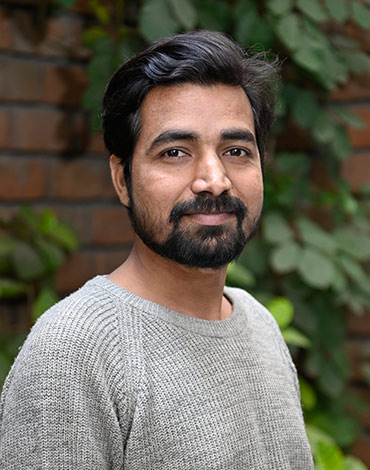
Mr. Sujit Gulve

Ms. Asma Minhaj Khan
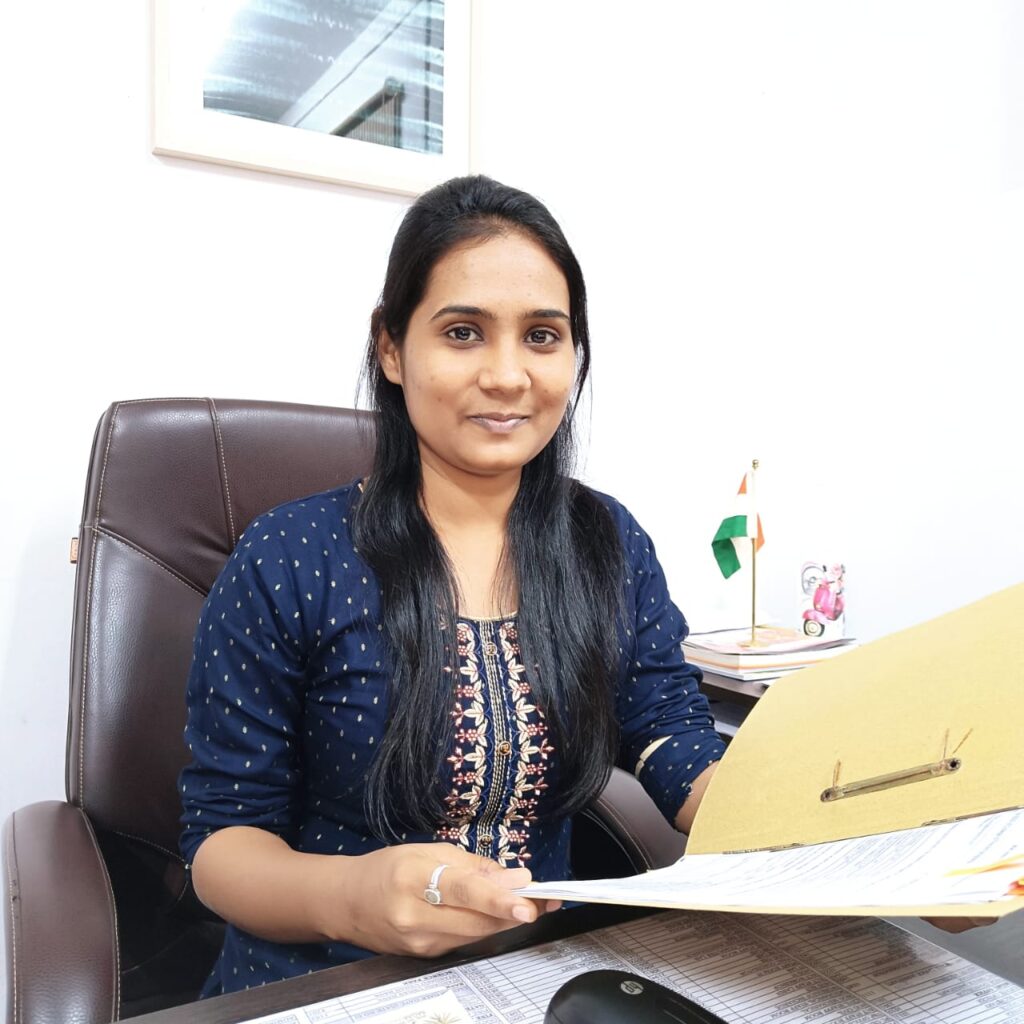
Ms. Pragati Shyamrao Thaware
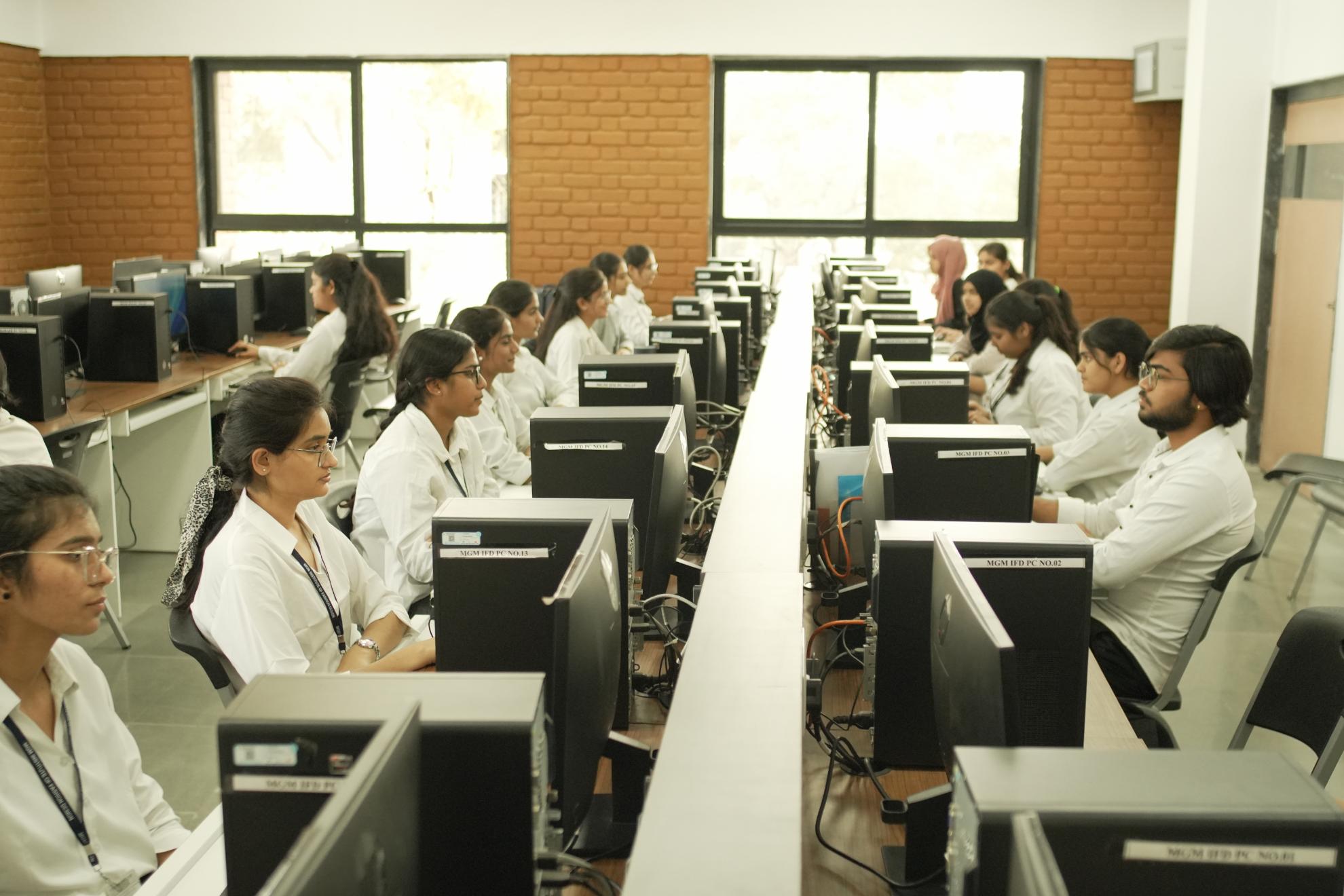
The Computer lab caters the class of 40 students. List of Design Software accessible to the students:-
Adobe Illustrator, Photoshop, InDesign, CorelDRAW AutoCAD
(All the computers have 24X7 internet access.)

IFD Total books. 601 volume Total magazine 06 Volume 189
Total journal 03 Volume 30
COFA Total books volume 852 Total magazine 4
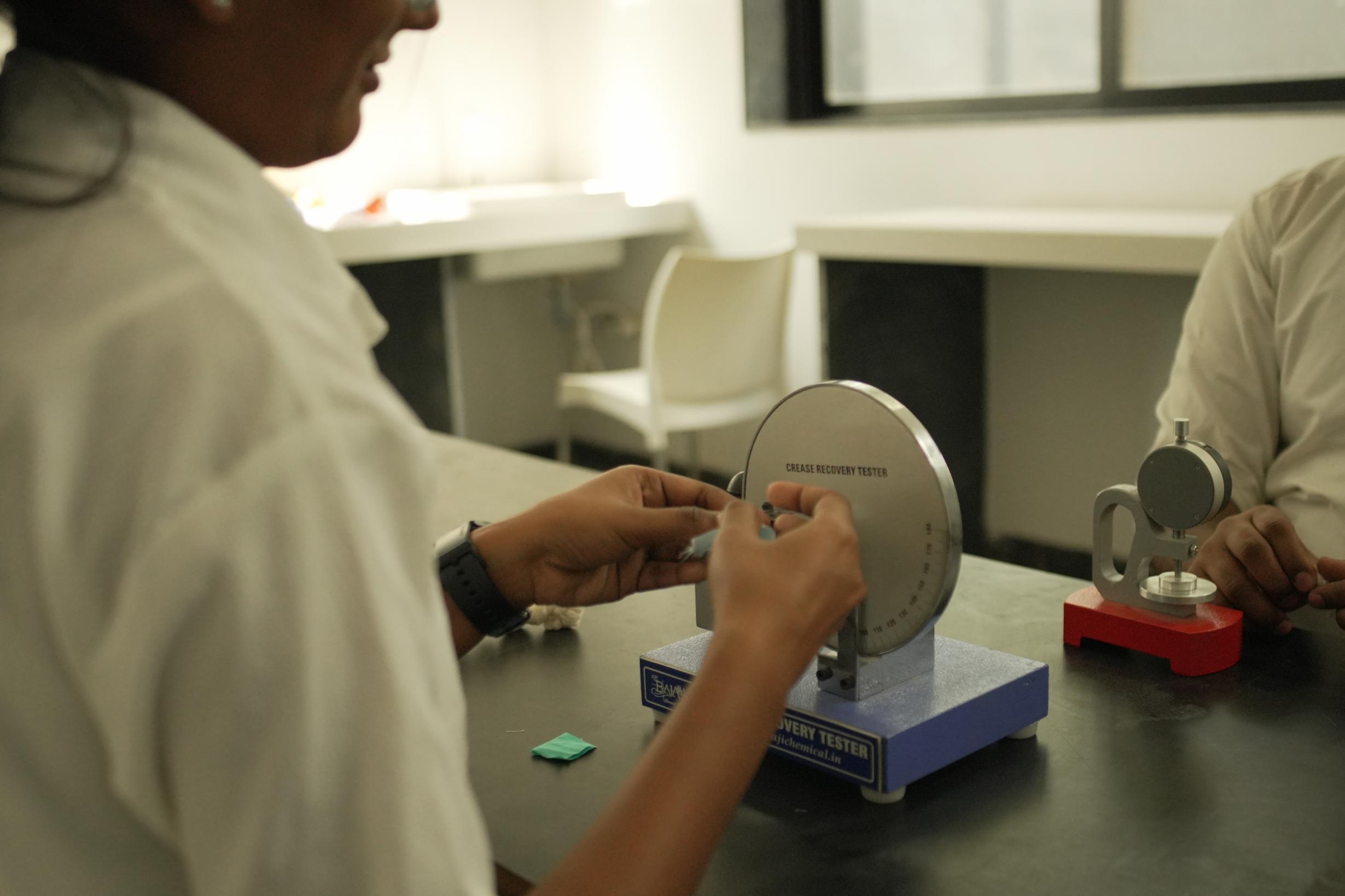
List of equipment’s accessible to the students: -Fibre testing equipment - Microscope
Yarn Testing Equipment - Beesly Balance Twist Tester Wrap Reel Motorized Crease Recovery tester GSM Round Cutter Fabric thickness tester Tearing strength tester
Washable platform for Chemical Testing with a sink at the corner For Mechanical Testing wooden platforms or tables with storage and a centre table for cutting of specimen and demonstration
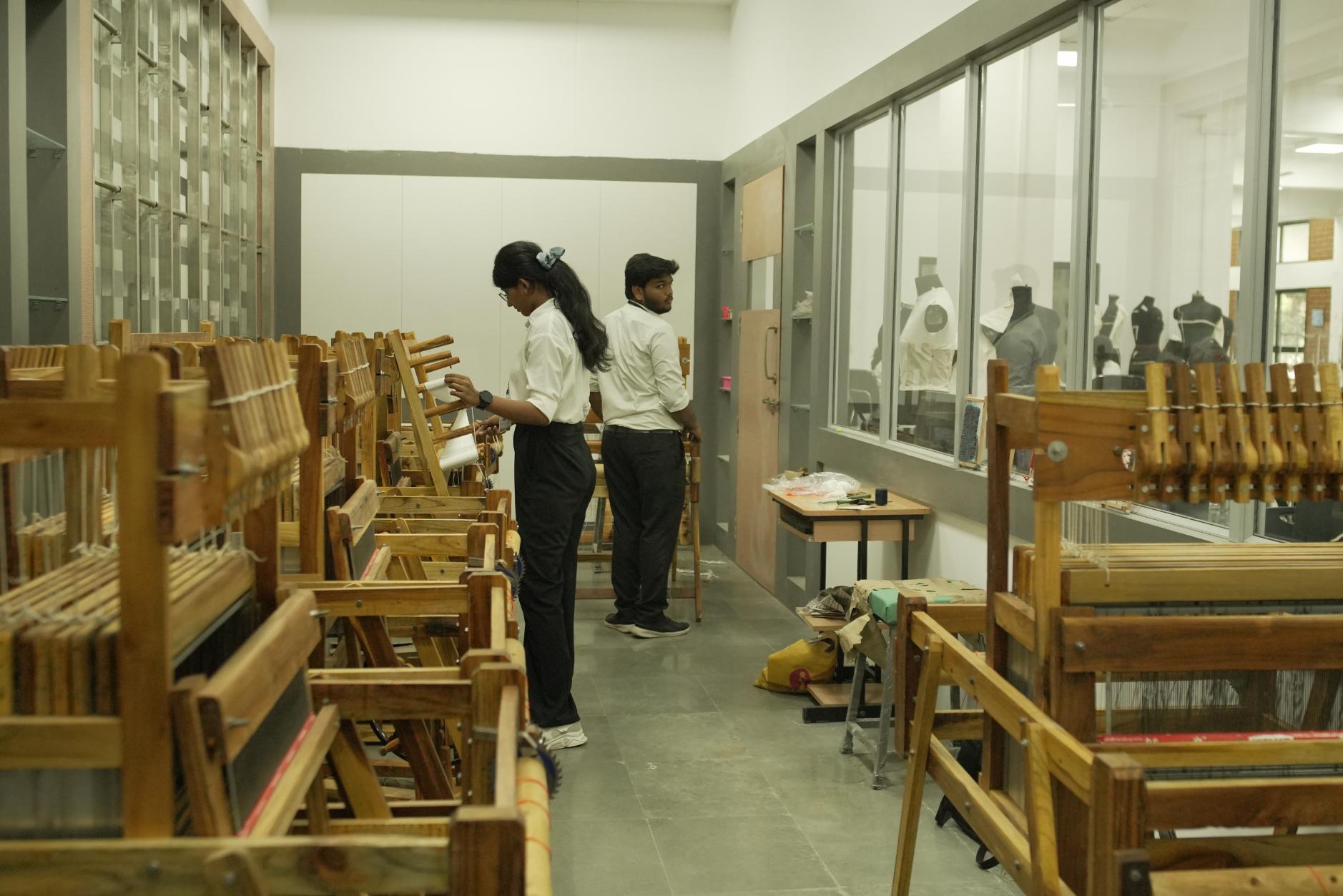
Equipped with table looms so that students can create weave patterns.
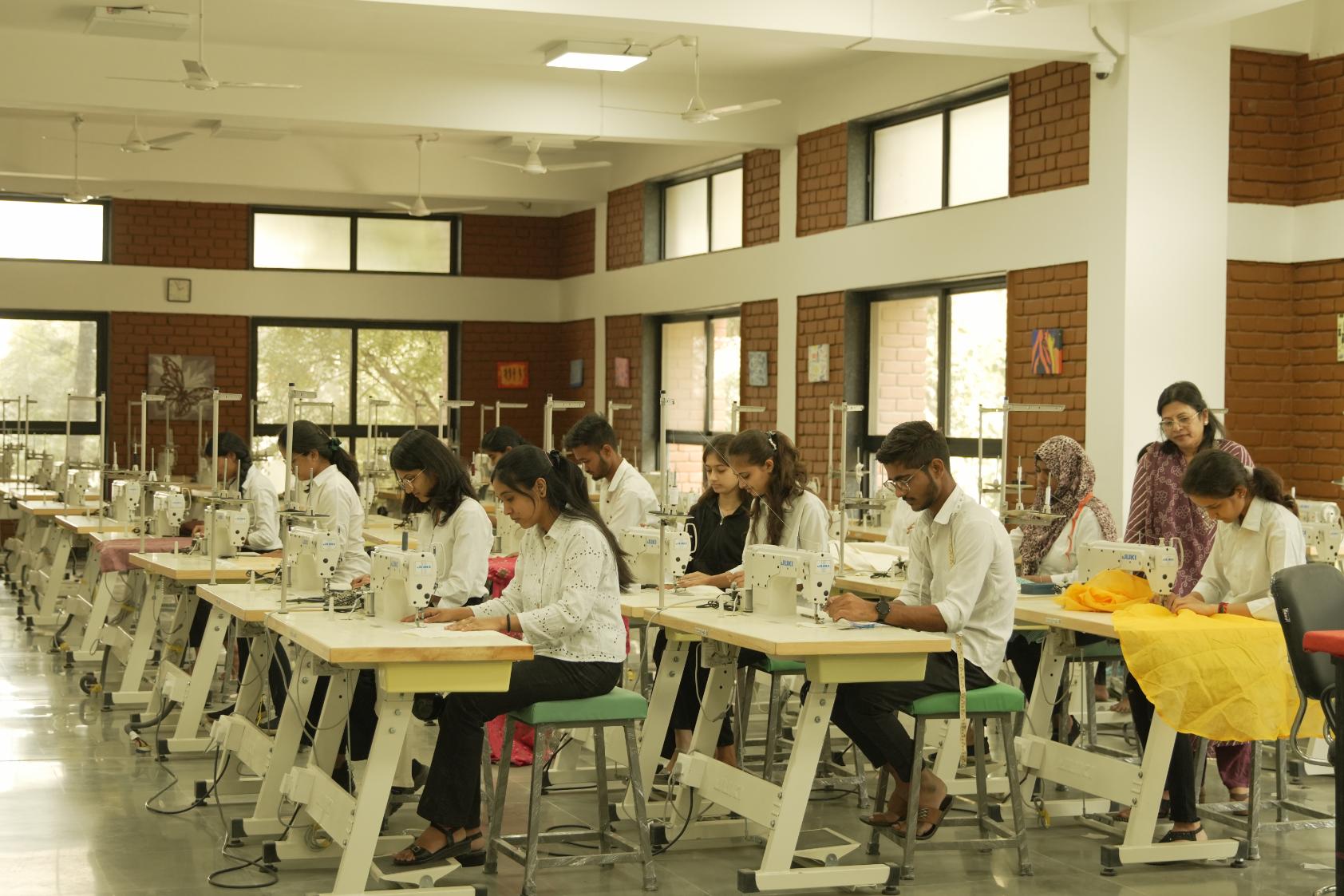
Garment Construction lab is equipped with commercial sewing machines (Juki), drafting tables and white boards
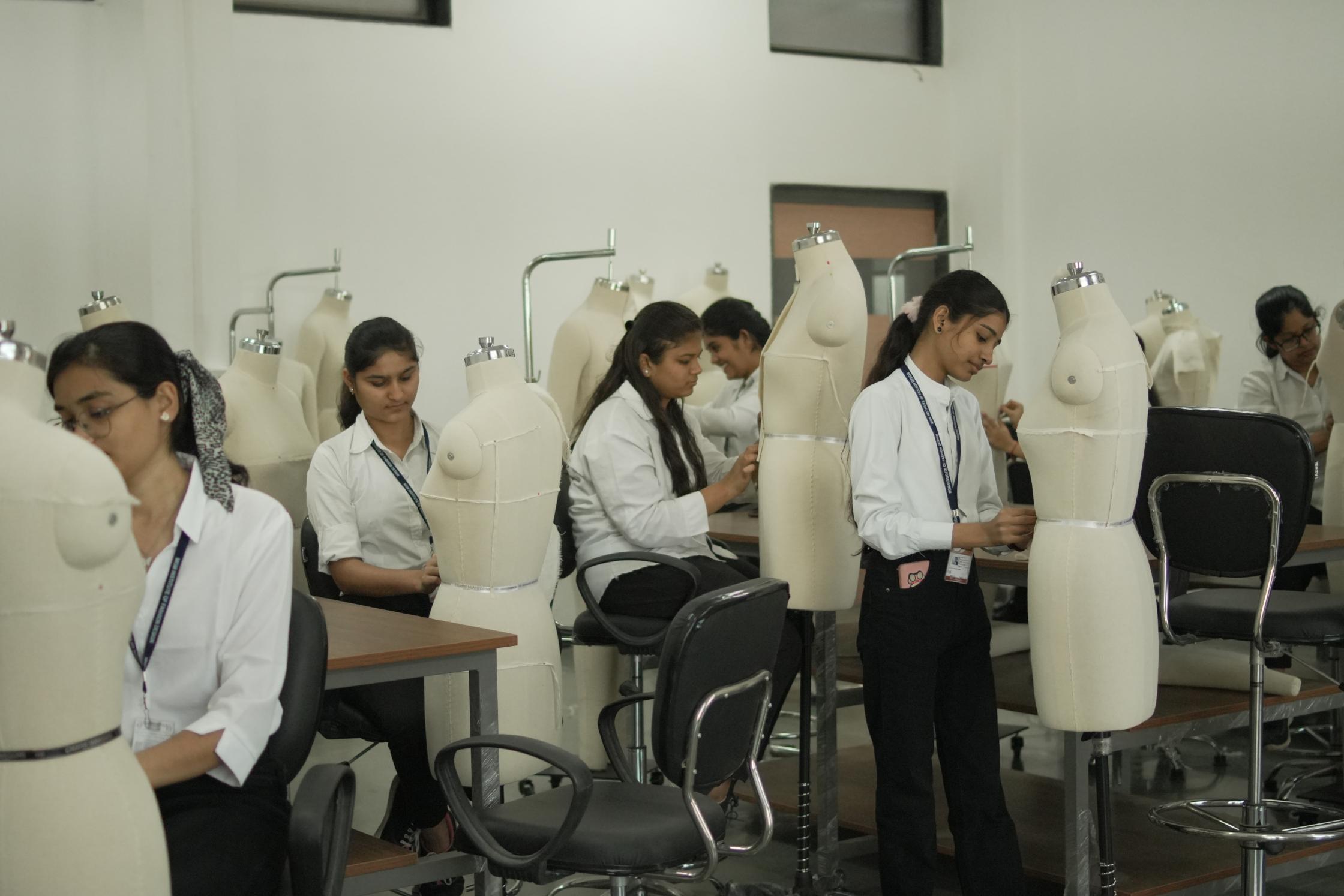
The Pattern making studio is equipped with drafting tables, dress forms and white boards.
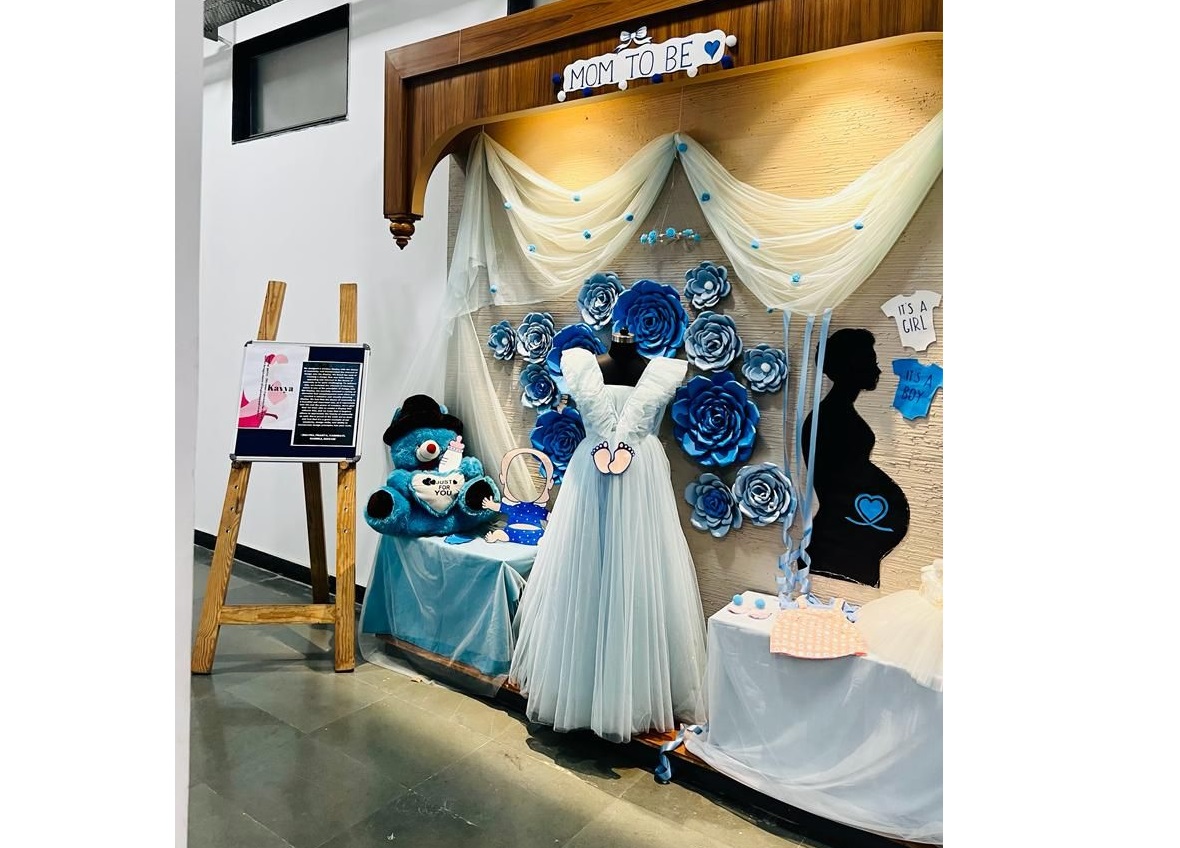
Exhibition Area to exhibit students, work.